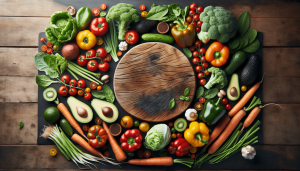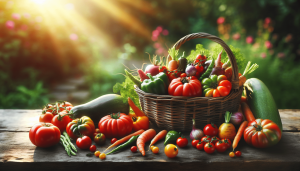In “What Is Sustainable Farming?” we explore the exciting world of agriculture that prioritizes the health of our environment, the well-being of our communities, and the sustainable use of resources. Together, we delve into the practices and principles that define this innovative approach to farming, highlighting how it aims to meet the needs of the present without compromising the ability of future generations to meet their own needs. Through sustainable farming, we learn how to harmonize with nature, support local economies, and create a thriving ecosystem for both people and the planet. Have you ever wondered what sustainable farming is? If you’re envisioning something beyond the basic images of tractors and endless fields, you’re on the right track. Sustainable farming is an approach to agricultural production that aims to maintain and improve the land and environmental quality, while also considering societal and economic impacts. Over the next few thousand words, we’ll delve into what makes farming “sustainable,” unravel its principles, methods, and benefits, and explore different models of sustainability in agriculture.
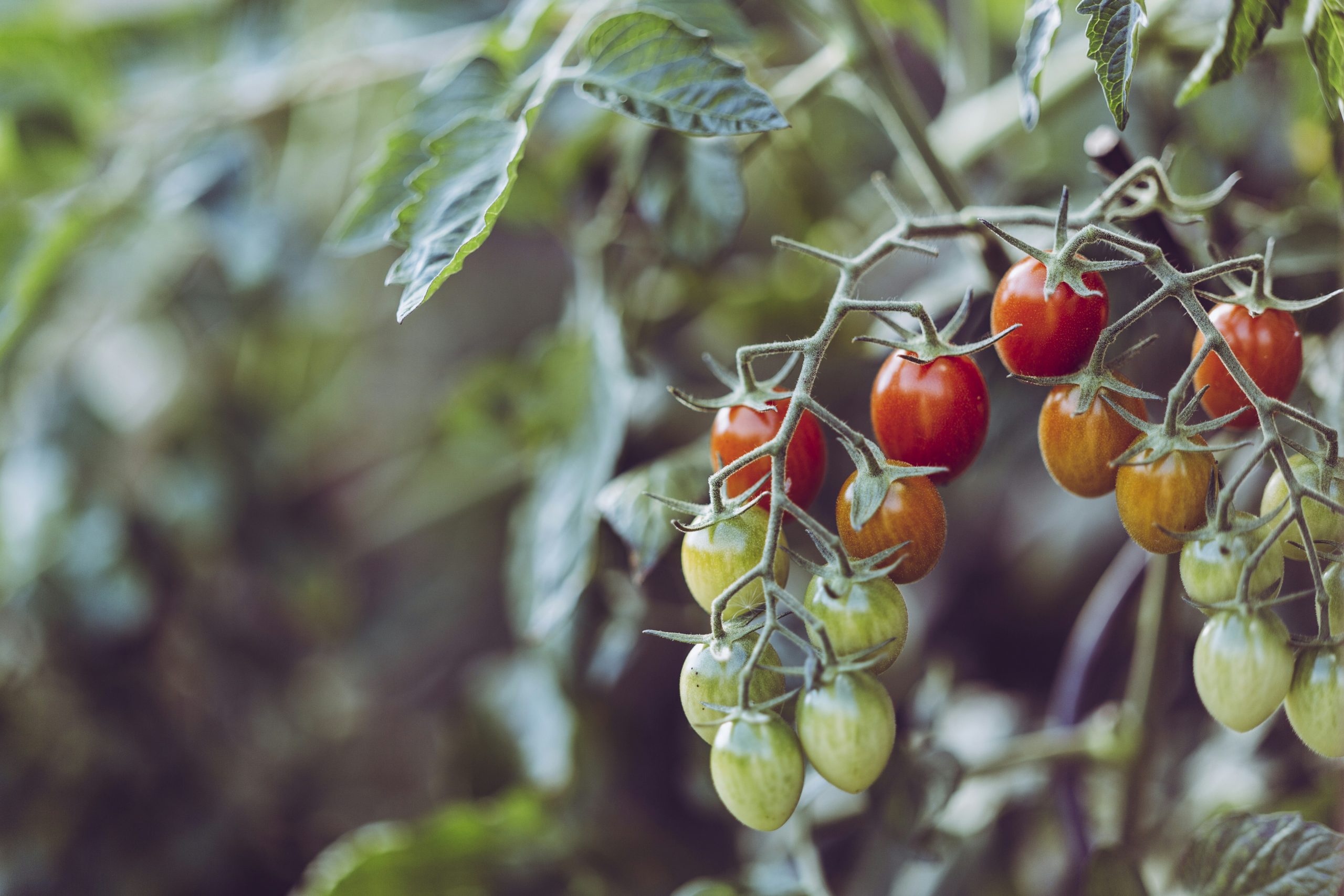
Introduction to Sustainable Farming
Sustainable farming encompasses practices designed to protect the environment, enhance soil fertility, conserve resources, and improve the well-being of the farming community. It’s not just about producing food; it’s about doing so in a way that harmonizes with nature and society.
Why Should We Care about Sustainable Farming?
We live on a finite planet with finite resources. As the global population continues to rise, so does the stress on our natural resources, including soil, water, and air. Sustainable farming helps ensure that we can meet our present food needs without compromising the ability of future generations to meet theirs.
Principles of Sustainable Farming
Sustainable farming is built on a set of core principles that guide farmers in making decisions that benefit the environment, society, and economy. Let’s take a closer look at these principles.
Environmental Stewardship
At its heart, sustainable farming is about caring for the land. This includes practices that improve soil health, conserve water, and encourage biodiversity.
- Soil Health: Healthy soil is the foundation of sustainable agriculture. This involves maintaining organic matter, using cover crops, and rotating crops to prevent soil depletion.
- Water Conservation: Efficient irrigation systems, rainwater harvesting, and reducing runoff help conserve this vital resource.
- Biodiversity: Planting a diverse array of crops and maintaining natural habitats for wildlife fosters a balanced ecosystem.
Social Responsibility
Sustainable farming also involves fair treatment of workers, supporting local communities, and ensuring fair trade practices.
- Fair Labor Practices: Ensuring that farm workers have safe working conditions and receive fair wages.
- Community Engagement: Building strong relationships with local communities to support mutual growth and understanding.
- Fair Trade: Engaging in practices that are transparent and just, ensuring that all parties involved in the farming and distribution process are fairly compensated.
Economic Viability
Farming needs to be financially sustainable for farmers to continue producing food. This means maximizing efficiency, reducing waste, and finding innovative revenue streams.
- Efficient Resource Use: Using resources efficiently to maximize yield while minimizing waste.
- Waste Reduction: Innovative approaches to reduce food loss both on the farm and in the supply chain.
- Diversification: Diversifying income streams to buffer against market fluctuations and environmental challenges.
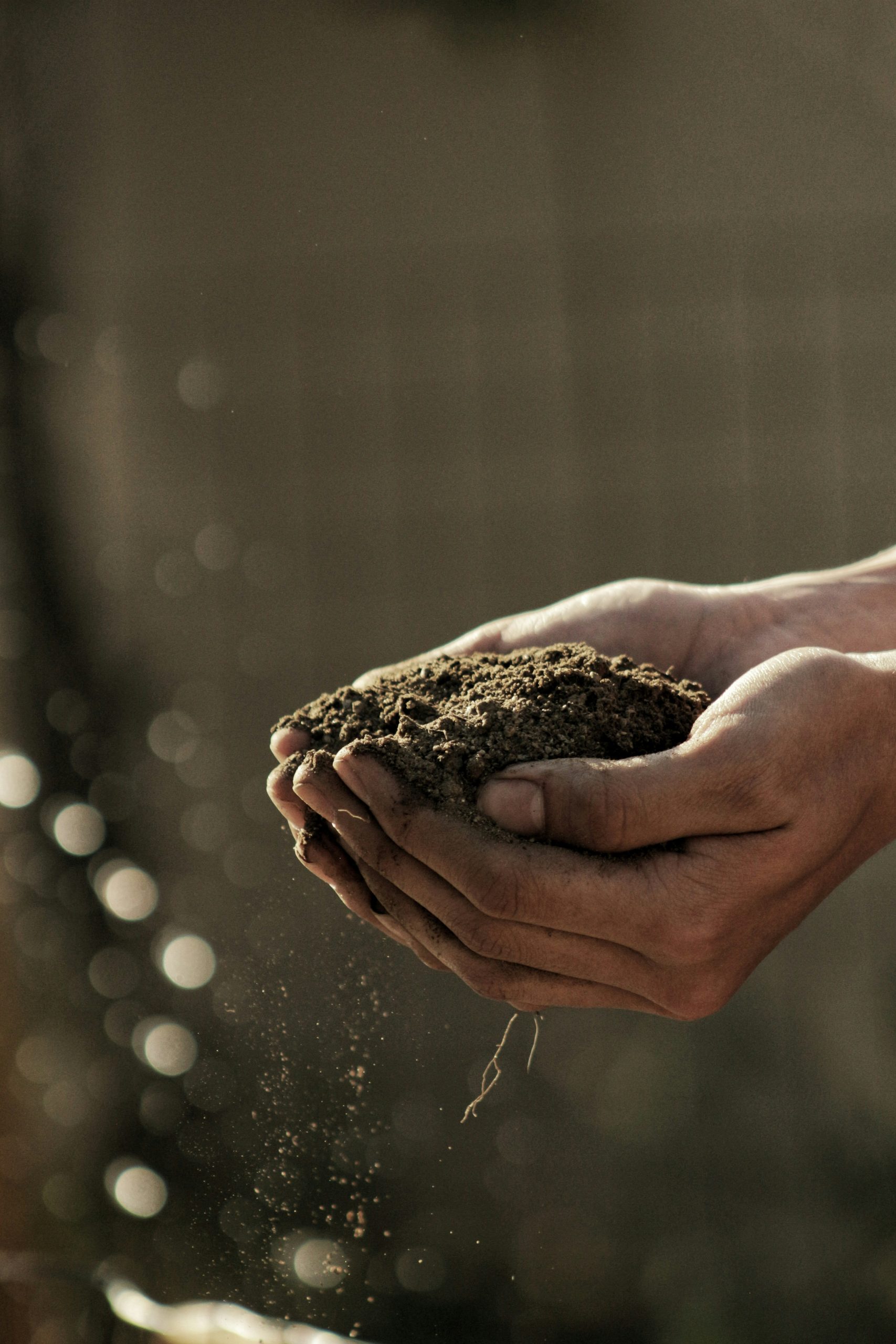
Sustainable Farming Practices
Sustainable farming practices are diverse and ever-evolving, tailored to the specific conditions and needs of each farm. Below, we explore some key practices.
Crop Rotation and Diversity
Rotating crops helps break pest cycles, reduce disease, and improve soil health. Diversifying crops can also increase resilience against market and environmental fluctuations.
| Feature | Benefits |
|---|---|
| Crop Rotation | Improves soil structure and fertility, Reduces pests and diseases |
| Crop Diversity | Enhances ecosystem resilience, Provides economic stability |
Organic Farming
Organic farming avoids synthetic fertilizers and pesticides, relying instead on natural processes. This practice supports soil health and reduces pollution.
Agroforestry
Agroforestry integrates trees and shrubs into farming systems. These trees can provide shade, reduce erosion, and offer additional products like fruit or timber.
Permaculture
Permaculture is a holistic design philosophy that mimics natural ecosystems. It aims to create sustainable and self-sufficient agricultural systems.
Sustainable Livestock Farming
Livestock farming can also be sustainable. Practices include rotational grazing, integrated pest management, and humane animal treatment.
| Practice | Benefits |
|---|---|
| Rotational Grazing | Enhances pasture health, Reduces overgrazing |
| Integrated Pest Management (IPM) | Reduces chemical use, Encourages natural predators |
| Humane Animal Treatment | Ethical treatment, Improves product quality |
Urban Farming
Urban farming brings food production into cities through initiatives like rooftop gardens, community gardens, and vertical farming. These practices make fresh produce accessible to urban populations and reduce transportation emissions.
Benefits of Sustainable Farming
Adopting sustainable farming practices brings numerous benefits to the environment, society, and economy. Let’s break them down in detail.
Environmental Benefits
- Reduced Pollution: Sustainable farming practices reduce the use of harmful chemicals, thereby lowering pollution levels in soil and water.
- Biodiversity Conservation: Techniques like agroforestry and crop rotation enhance biodiversity, creating more resilient ecosystems.
- Climate Change Mitigation: By sequestering carbon in soil and trees, sustainable farming helps mitigate climate change.
Social Benefits
- Food Security: Sustainable practices can increase food production and nutrition quality, contributing to global food security.
- Community Well-being: Sustainable farming often involves local communities, fostering stronger social ties and improving local economies.
- Fair Labor Practices: Ensuring fair wages and safe working conditions improves the quality of life for farm workers.
Economic Benefits
- Cost Savings: Practices like efficient water use and waste reduction can lower operating costs.
- Market Opportunities: There is a growing market for sustainably produced food, offering premium prices for such products.
- Resilience: Diversified and sustainable systems are more resilient to environmental and economic shocks.
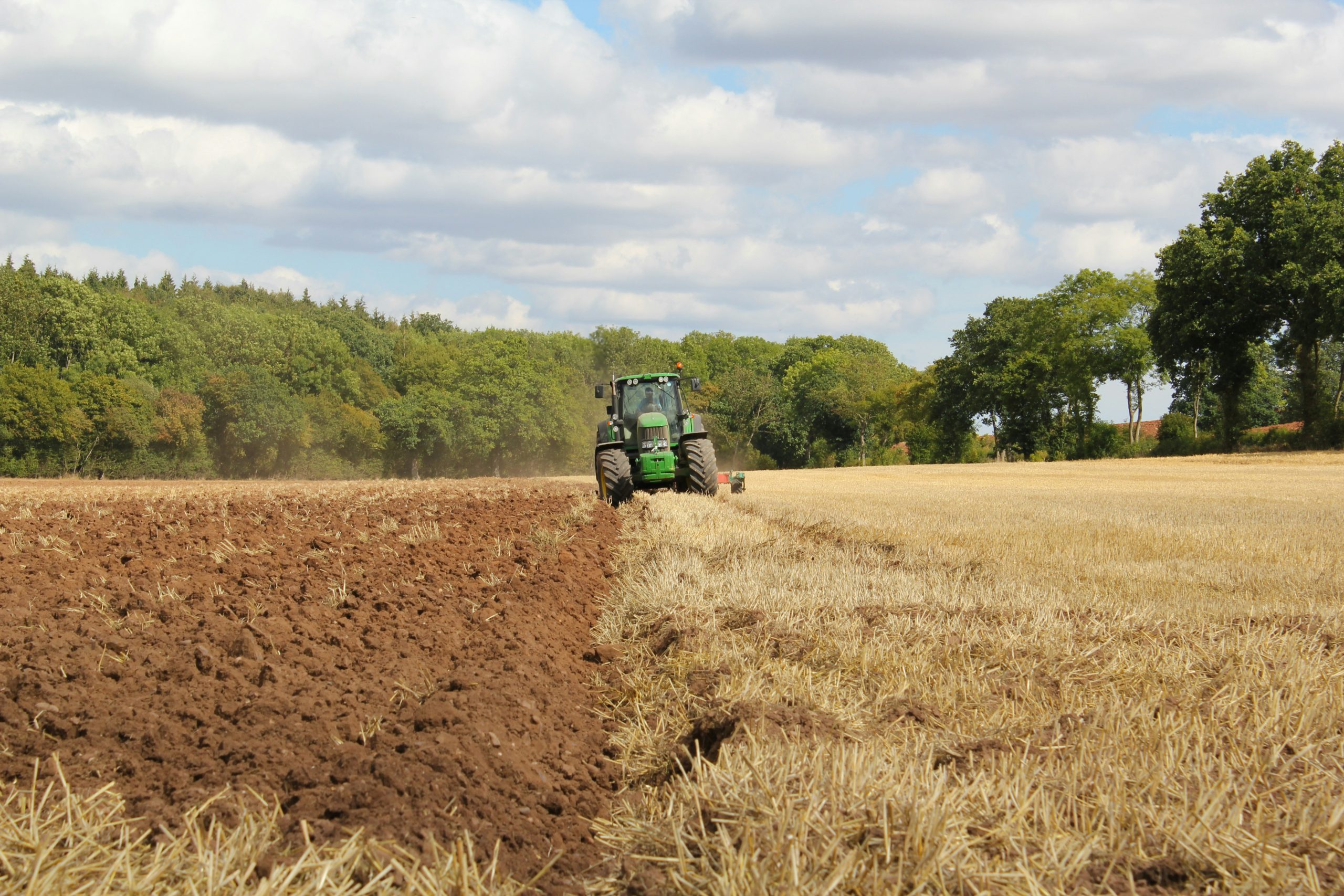
Challenges in Implementing Sustainable Farming
Despite its benefits, sustainable farming faces several challenges that need to be addressed for broader adoption.
Financial Barriers
Transitioning to sustainable farming practices often requires initial investments in new techniques or equipment, which can be a barrier for farmers with limited resources.
Knowledge and Skill Gaps
Sustainable farming involves complex systems and knowledge that may not be readily available to all farmers. Comprehensive education and training programs are crucial for equipping farmers with the necessary skills.
Policy and Regulatory Hurdles
In some regions, existing agricultural policies and subsidies are geared towards conventional farming methods, making it harder for farmers to adopt sustainable practices.
Market Access
Sustainably farmed products often need to be certified, which can be a complex and costly process. Additionally, gaining access to markets that pay a premium for sustainably produced goods can be challenging.
Case Studies in Sustainable Farming
Examining real-world examples can provide valuable insights into how sustainable farming principles are applied in practice.
The Rodale Institute
The Rodale Institute has been at the forefront of research in organic farming since 1947. Their research demonstrates that organic farming can produce yields comparable to conventional farming while being more resilient to climate stress and producing higher nutrient quality food.
Polyface Farm
Polyface Farm in Virginia uses a model of rotational grazing and integrated crop-livestock systems. Their practices enhance soil fertility, reduce pests, and produce high-quality meat and eggs without chemical inputs.
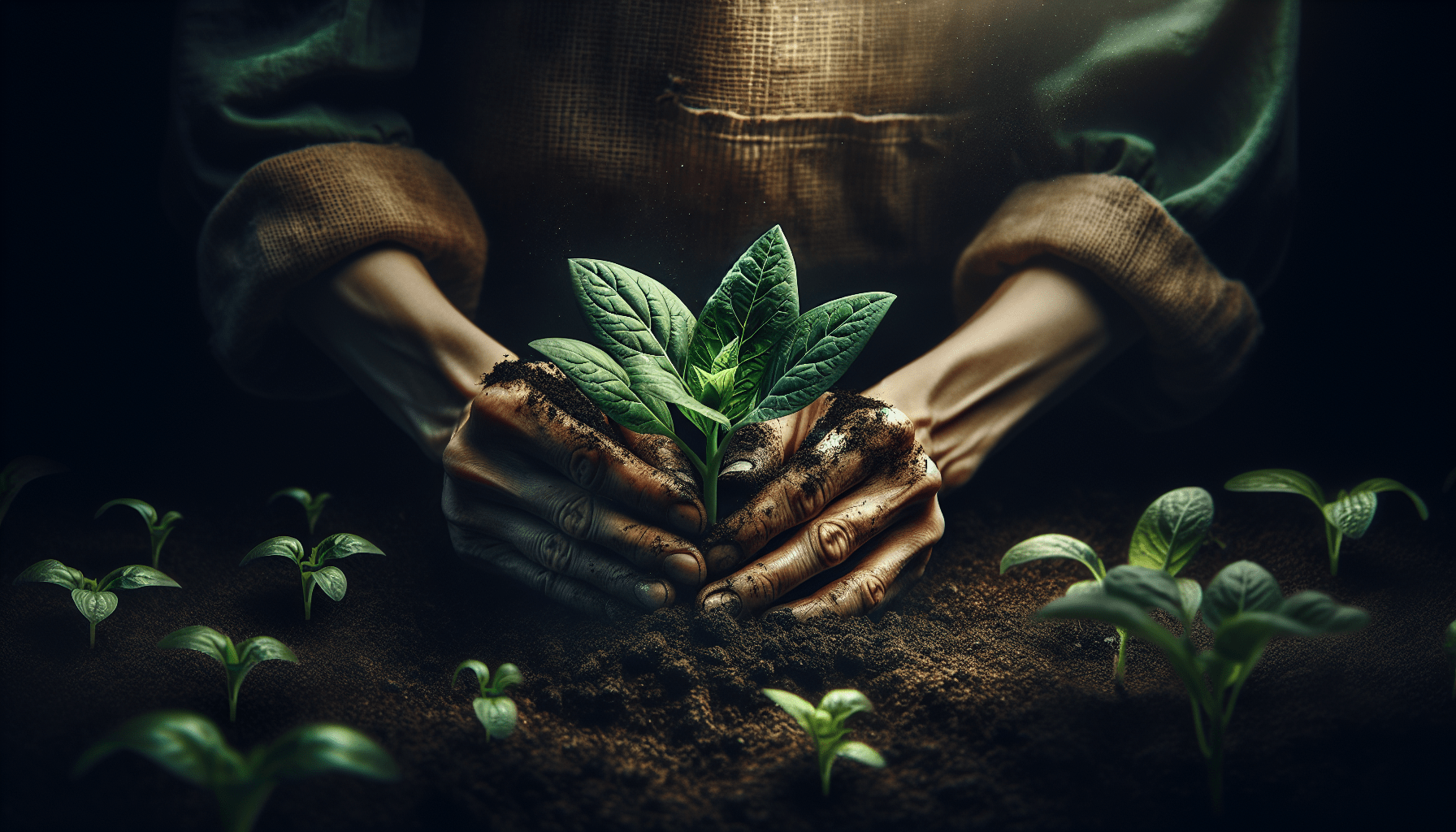
Steps to Transition to Sustainable Farming
If we are interested in adopting sustainable farming practices, the process can be broken down into manageable steps.
Assess Current Practices
Evaluate current farming methods and identify areas where sustainable practices can be integrated.
Plan and Educate
Develop a transition plan that includes goals, timelines, and necessary training. Seek out educational resources and expert guidance to build knowledge and skills.
Implement Incrementally
Start small by implementing one or two sustainable practices and gradually expand. This allows for adjustments and learning along the way.
Sustainable Farming and the Future
As we move forward, sustainable farming will play a crucial role in addressing the global challenges of climate change, food security, and environmental degradation.
Innovations in Sustainable Farming
Emerging technologies and practices are continually evolving, offering new tools for sustainable farming. Examples include precision agriculture, biotechnology, and regenerative farming practices.
Collaboration and Community
Building a sustainable future requires collaboration among farmers, researchers, policymakers, and consumers. Community-supported agriculture (CSA) models, farmer cooperatives, and partnerships with research institutions can drive this collaborative effort.
Consumer Role
Consumers also play a vital role by making informed choices and supporting sustainably produced food. By demanding higher transparency and integrity in food production, consumers help drive the market towards sustainable practices.
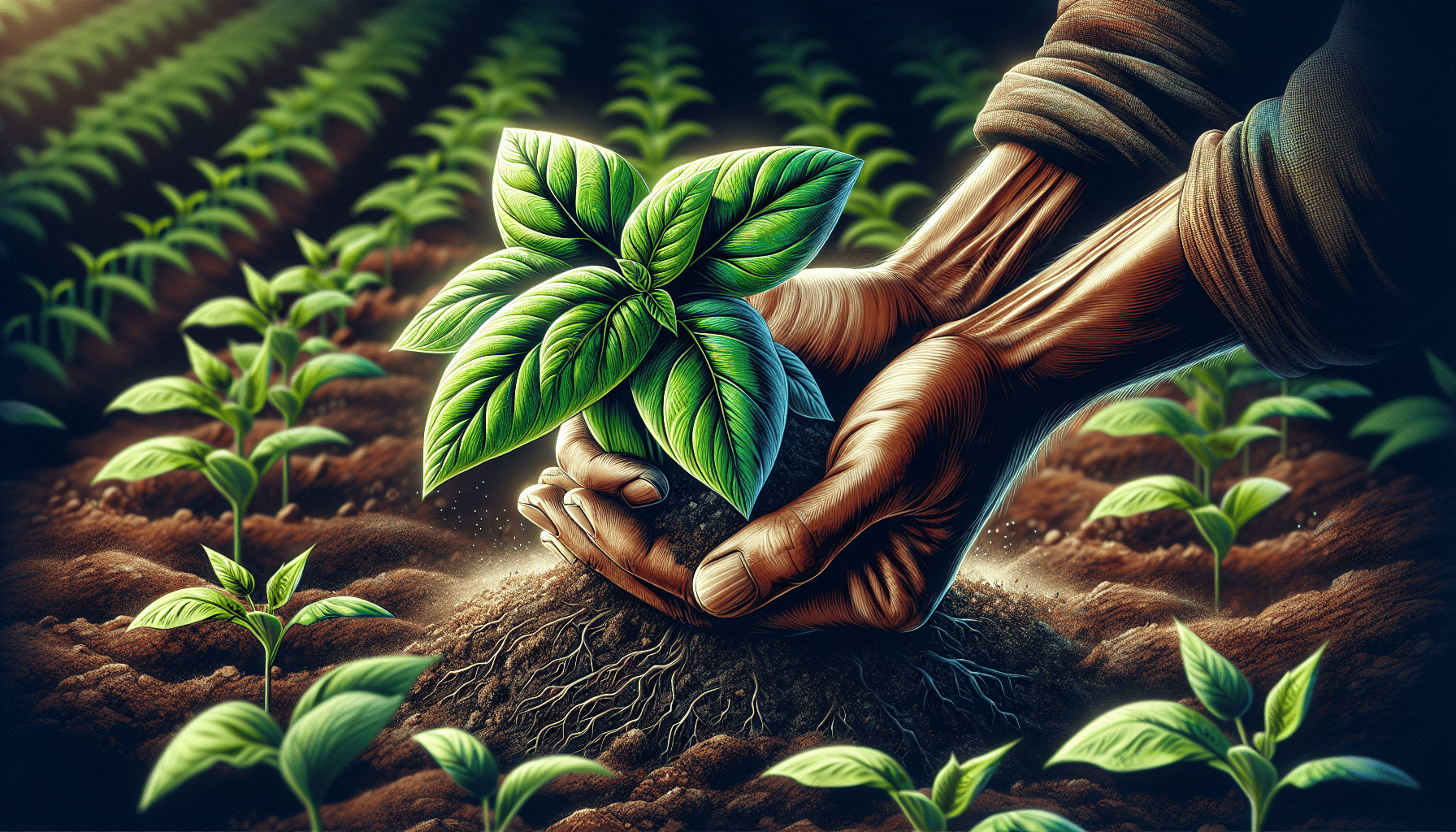
Conclusion
In conclusion, sustainable farming is not just a trend; it’s a necessary evolution in how we produce food. By adopting sustainable practices, we can protect our environment, support our communities, and secure a prosperous future for generations to come. As we embrace these principles, we take steps towards a healthier planet and a healthier society. So, next time we think about where our food comes from, let’s consider the importance of sustainable farming. Let’s pledge to support these practices in any way we can, whether by informing ourselves, making conscientious purchases, or sharing this knowledge with others. We’re all part of this journey towards a sustainable future, and every step counts.

